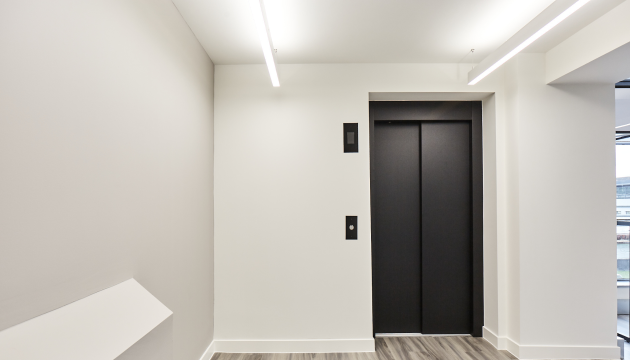In the words of Warren Buffet – “when the tide goes out it’s a chance to see who’s been wearing bathers’’. We’re sat on the beach, binoculars ready.
Meanwhile, there are 2 key areas we’ll be continuing to focus on which we believe are evergreen.
Both have sustainability as a key plank running through them, but each are very different strategies.
1. The Return of Value Add
Gladly we see a return of interest in value-add strategies. But success will rely on a strong grip of your micro market dynamics, combined with competencies not every investor has needed to use in the last cycle.
This is a continuation of a bet we have been running for many years.
A more sophisticated demand for workspace led by a younger generation of business leaders, primarily concerned with attracting talent.
- Refurbishment, refurbishment, refurbishment
Our governments’ commitment to Carbon Net Zero mean that knock down, redevelopment plays are becoming commercially unviable. Skilled, managed refurbishments will be required to extract value from real assets.
- It’s the climate – stupid
Occupier demand, government regulation, investor demand and now structurally higher energy costs have converged to make it impossible not to be sustainable in real estate. It’s easy to burn cash in this space, mainly due to its nascency and the odd fund manager panic spending to get their accreditations in order!
- Space as a service
Shorter lease lengths, higher quality spaces, outstanding digital infrastructure and strong sustainability credentials are required to command strong rents and attract the best tenants. A level of operations is required, which we believe many don’t understand or haven’t yet figured out. Think hotels – for office workers.
2. Sustainability – A Secular Approach
This is our big bet of the next 7-8 years.
85% of UK commercial real estate is EPC C or worse. The government intends to make anything below EPC B unlettable by 2030. This will bifurcate the investment market.
- Well built, well occupied, sustainably certified = a small investable pool which will get larger as landlords improve credentials – but at a slower rate than demand from investors. We expect to see yield compression for the right stock.
- Bias to occupier covenant, alternative use and location.
- Value Add gains where accreditations can be easily and quickly achieved with relatively low investment.
Featured Stories & Insights
 26th February 26
26th February 26
Planned Preventative Maintenance: What Your P&L Will Never Show You
Most landlords know their income to the penny. Far fewer know what’s quietly accumulating behind...
Read More 30th January 26
30th January 26
Data, Demand & the Future of Office Performance
In conversation with Greg Blanchard, Portfolio Manager at TSP Data has become a big theme...
Read More 28th January 26
28th January 26
Goodman’s TSP Goes Nationwide with KSA Acquisition
LONDON, 20th January 2026 | News by Tim Burke, EG TSP, the office-focused property manager...
Read More 8th January 26
8th January 26
Business Rates are Changing in April: 4 things charities should watch for
Business rates are being reset in April 2026, and for charities this is a direct...
Read More 8th January 26
8th January 26
4 Ways to Win the Office Game in 2026
The office market is recovering, but not evenly. As we move into 2026, one thing...
Read More 17th November 25
17th November 25
Lessons Learnt from 2025 | by Zac Goodman
The market shifted (again), expectations changed (again), and the way people use space evolved in...
Read MoreView all